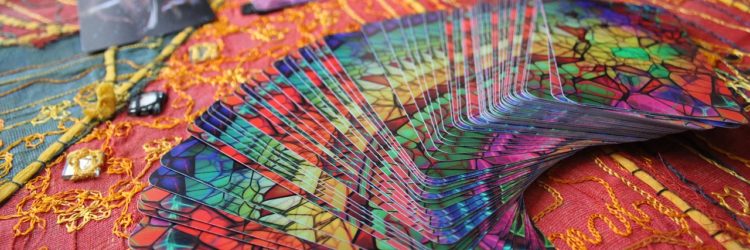If you are at all interested in cartomancy (fortune telling through any type of cards) you will inevitably hear her name, although she died in 1843. Decks of fortunetelling and Tarot cards are named for Mademoiselle Lenormand, and there are “Lenormand” card-reading methods: hard to learn and practiced only by a few. But the Lenormand method is said to result in predictions that tell more than you want to know and so spot-on they make Seekers cringe.
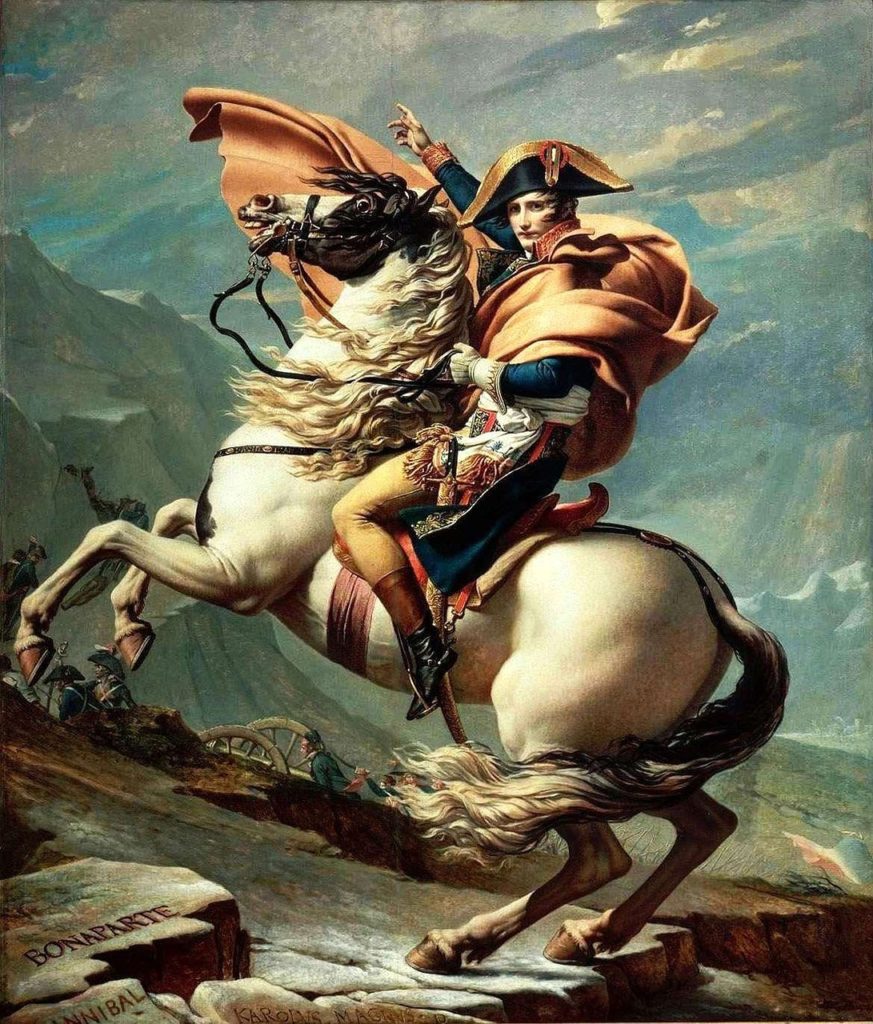
Empress Josephine loved having her cards read, and Lenormand’s most famous prediction was that Napoleon and Josephine would divorce. Their marriage was a love marriage but resulted in no children, and when Josephine was 45, Napoleon felt he needed a younger wife able to provide him with an heir. French high society and politicians took their cue from Empress Josephine and called on Marie Lenormand, making her very rich.
Who Was Marie Lenormand?
Marie Lenormand was born in Normandy, as her name makes clear, on May 27, 1772. She was a Gemini with an Aries Moon, two go-getter zodiac signs that together are excellent for business success, and just a little ruthless. Orphaned as a child, she lived most of her life in Paris, visiting foreign capitals to read for royalty such as Russian Tsar Alexander. Mademoiselle Lenormand also spent time in jail – because fortunetelling was illegal in France. Her brief incarcerations only made her more secretive and famous.
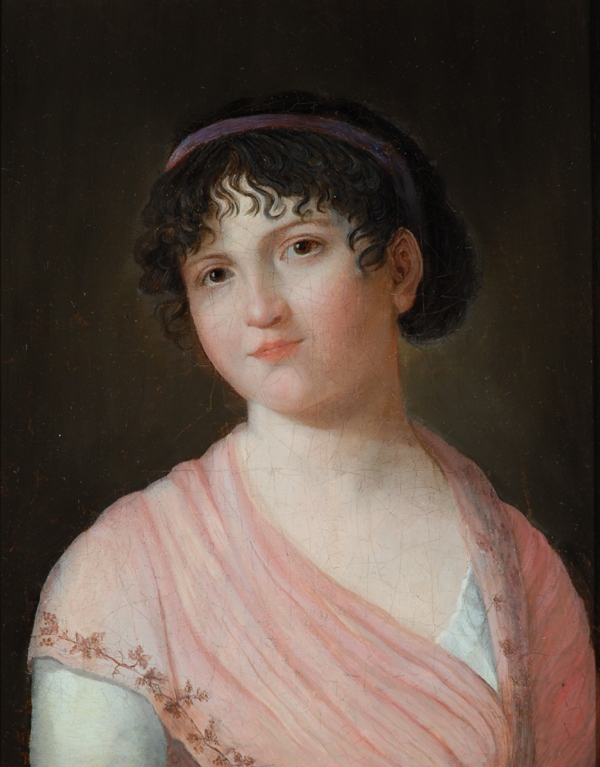
To evade the authorities, Lenormand lived at secret addresses only her clients knew. The richer and more famous they were, the more they disguised or cloaked themselves when they went to her for readings in rooms with thick curtains. Persecution is why fortunetellers’ rooms are traditionally quiet and dark. Lenormand used all sorts of methods to tell the future: palm reading, astrology, reading coffee grounds. One letter written soon after a reading describes the session. Lenormand read the client’s palm and then proceeded to deal her cards. Her reading was so accurate it was scary – and such readings won her the nickname of the “Paris Prophetess.”
Of course Lenormand could not say she a professional fortuneteller, so she called herself a publisher. She wrote 14 books, bestsellers in their time – and none are available in English today. Readers say the books are self-glorifying and self-promotional. Nor does she describe, in any of them, any fortunetelling or card-reading methods or secrets.
Lenormand never married or had children; her profession kept her busy. Some modern fortunetellers claim to be her descendant, but that claim is fraudulent. Mademoiselle Lenormand died in 1843 leaving a huge fortune and her collection of occult materials to her nephew. He was a devout Catholic, and after seizing his money he destroyed everything occult that Lenormand had owned.
You might hear that Lenormand’s ghost or spirit inhabits the city of New Orleans and makes it a special, mystical place. She never went there. “The Dark Lady of New Orleans” is a New Age supply shop in New Orleans, which you might see advertised. It is named for a song sung and recorded in 1973 by Cher, “Dark Lady,” with lyrics about “the fortune queen of New Orleans.” If there is one, it is not Lenormand or her ghost.
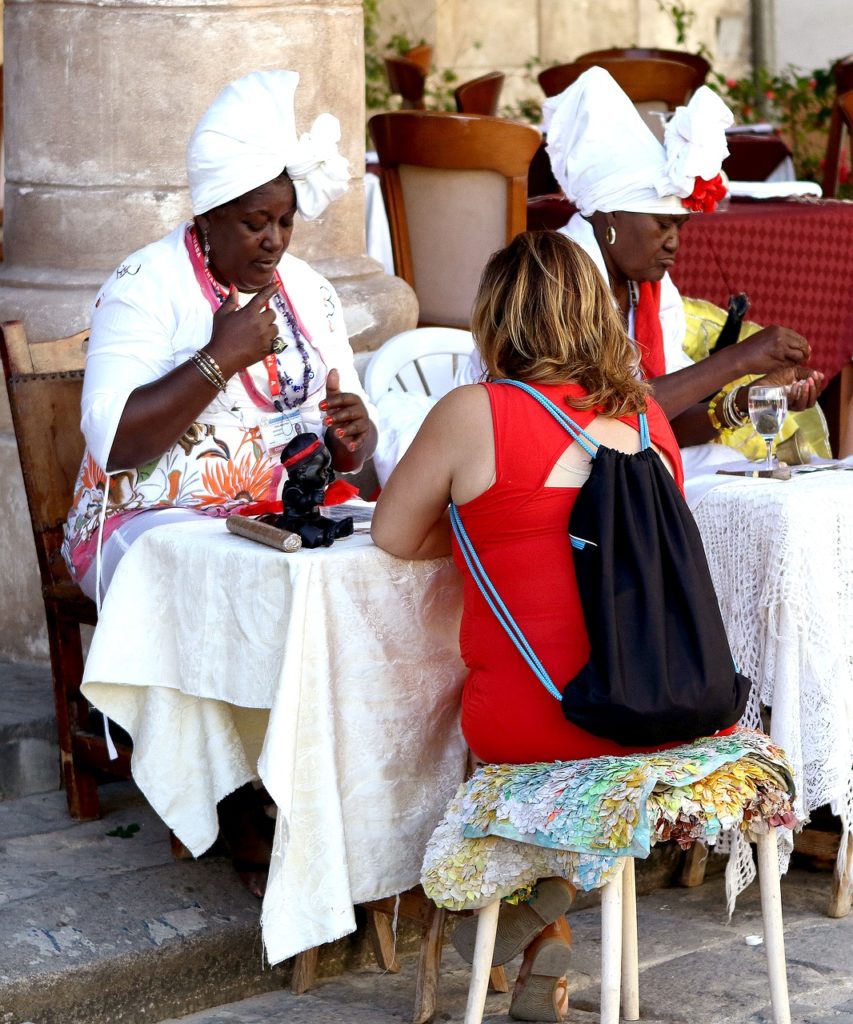
What Kind of Cards?
Lenormand did not use Tarot cards. In the 1700s and 1800s Tarot cards were used in countries such as Italy, but Lenormand used ordinary playing cards. It is said she removed from the deck any cards numbered 2 through 6. All we know is that she did not use all 52 cards. The face cards, in her readings, represented people in the Seeker’s lives, as Tarot’s face cards do.

Tarot cards are not ancient; they first appear in Italy in the 1400s, and as a card game, not for readings.
Lenormand did not design her own fortunetelling deck, so modern “Lenormand” cards only capitalize on her name. Soon after her death “Lenormand” fortunetelling cards were already being marketed, selling especially well in Germany. Several German manuals for reading these “Petit Lenormand” decks survive, but remember, these are not “her” cards and she did not write a manual.
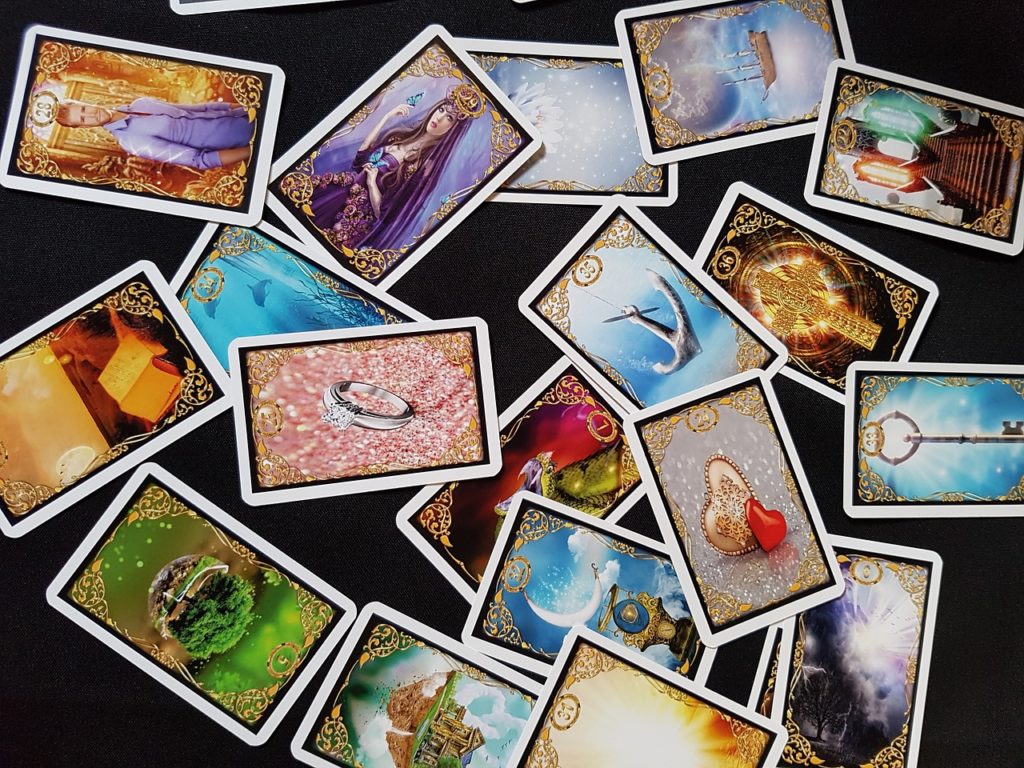
What You’ll Find in a Lenormand Deck
“Lenormand” fortunetelling cards each have one symbol. There are no layers of symbolism or meaning. Among the cards are The Stork, the Garden, the Mountain, Clouds, and Crossroads.
In Tarot readings, a card dealt upright usually delivers a positive message while one dealt upside-down or reversed is its opposite. Lenormand readers deal all cards upright. Each card has both positive and negative meanings and the reader needs skill and experience to sort the meanings out. For example, the Lenormand Jack of Hearts might represent a handsome, romantic young man, but might also represent a deceiver or a “player.”
Rather than being “spiritual” or “psychological,” or “intuitive,” Lenormand cards are reputed to be “more practical.” In contrast to Tarot cards, Lenormand-style cards are dealt face up and read all at once. Lenormand cards do not care about the Seeker’s emotions or psychological state. Unlike Tarot cards, they will not suggest alternatives that might lead to a better outcome. If you do not like the message a Lenormand reading gives you, too bad.
Modern Lenormand readings are supposed to be as clear-cut and pitiless as her readings used to be – and the way all card readings once were, before the current “feel-good” reading style became the norm. Young Mademoiselle Lenormand – already doing business as a teen — once read for a rich, titled couple and predicted wonderful lives for them until a certain date in 1789. On that date came the French revolution that destroyed the French monarchy and all its trappings, and guillotined the wealthy and titled.
Lenormand was also known to make inaccurate or laughable predictions, and had critics and detractors. Just remember during today’s “Lenormand” fad that cards and symbols with her name applied are not hers, and that we do not know much about her methods. A current deck named “Maybe Lenormand” has the most honest name.
